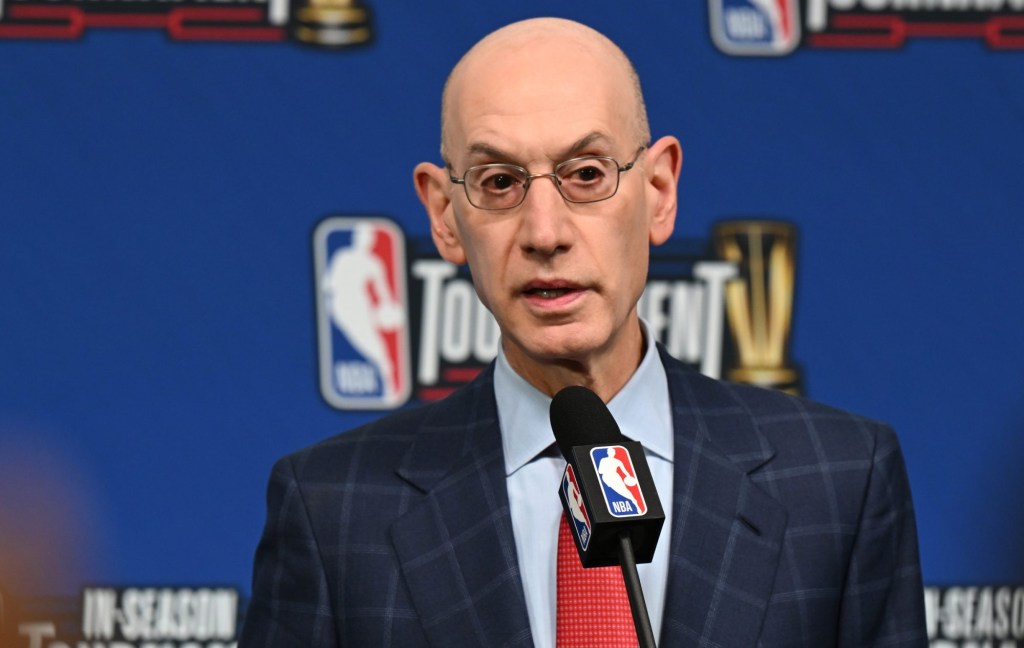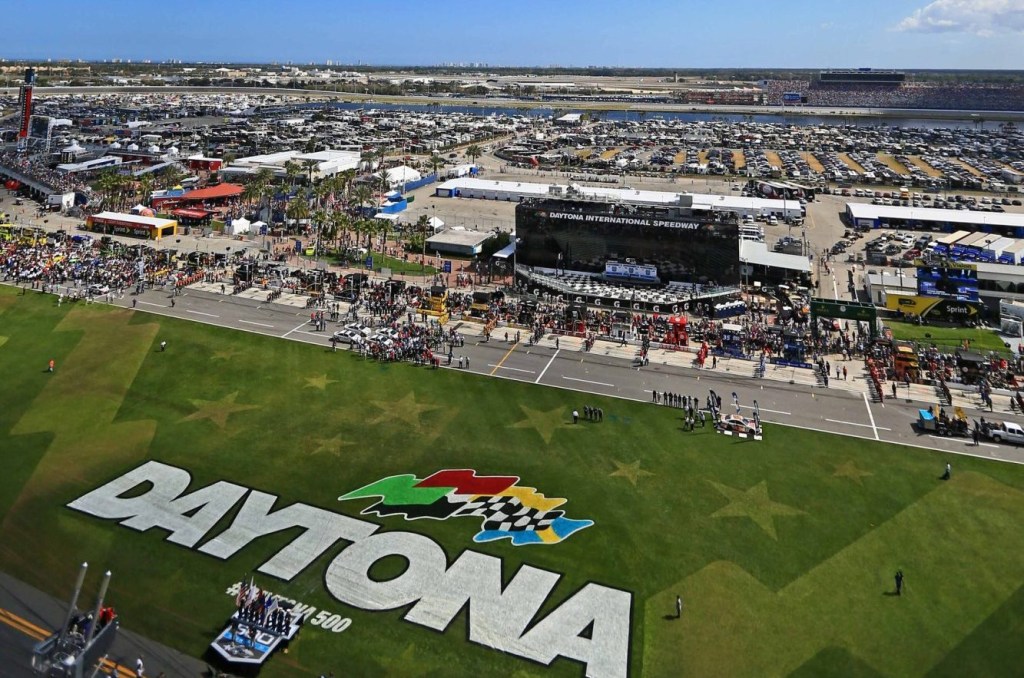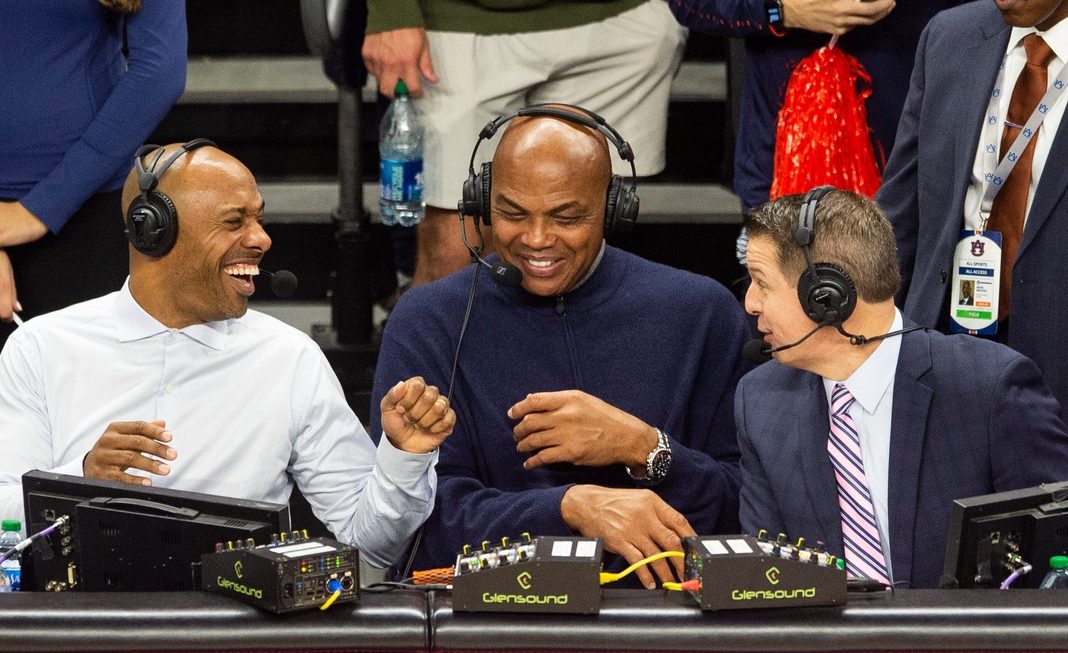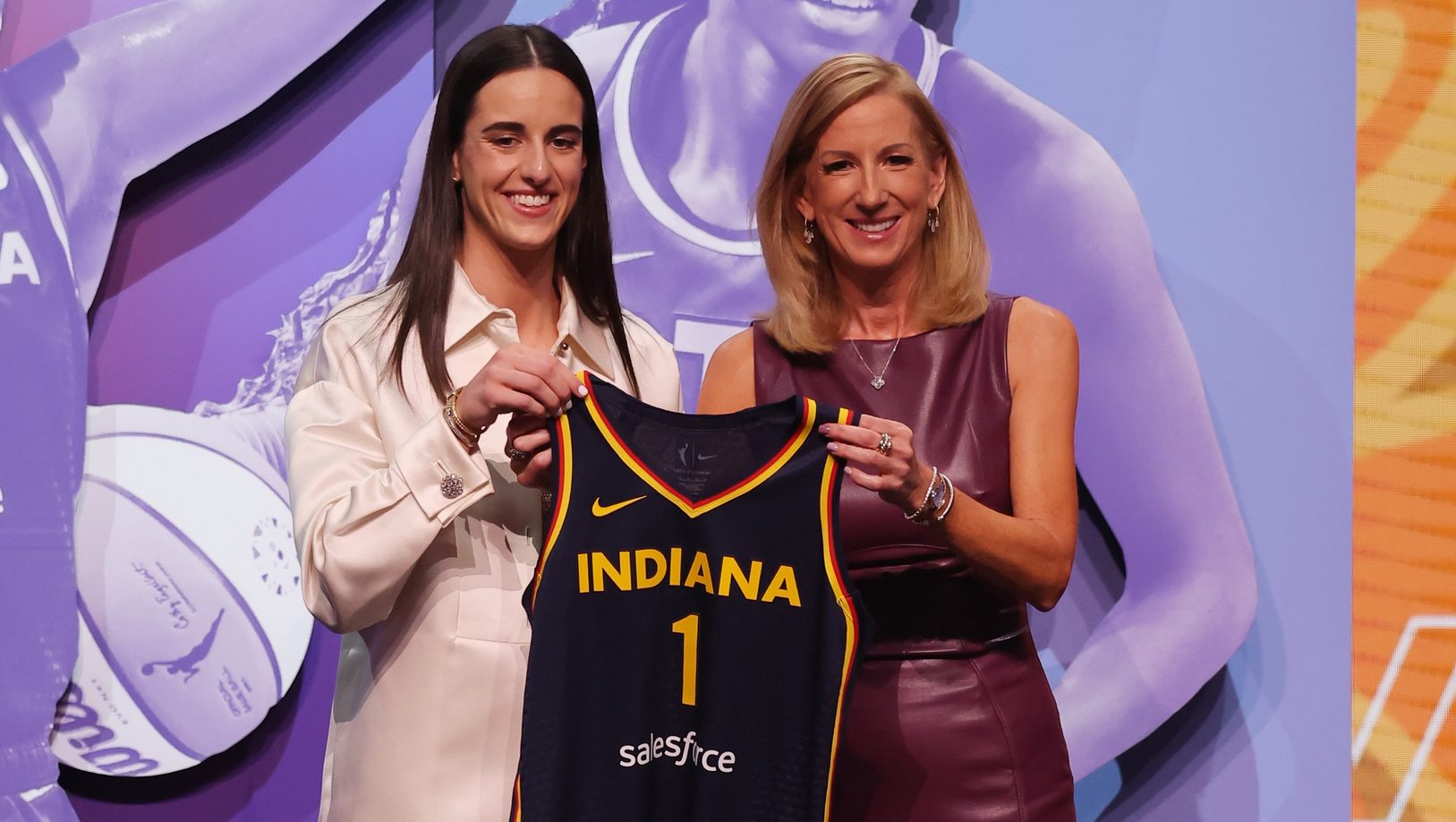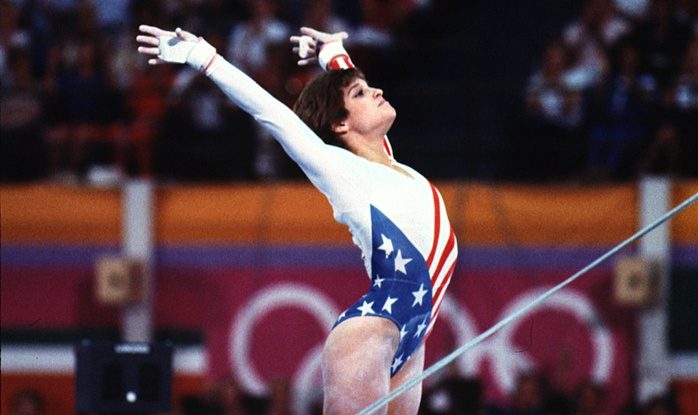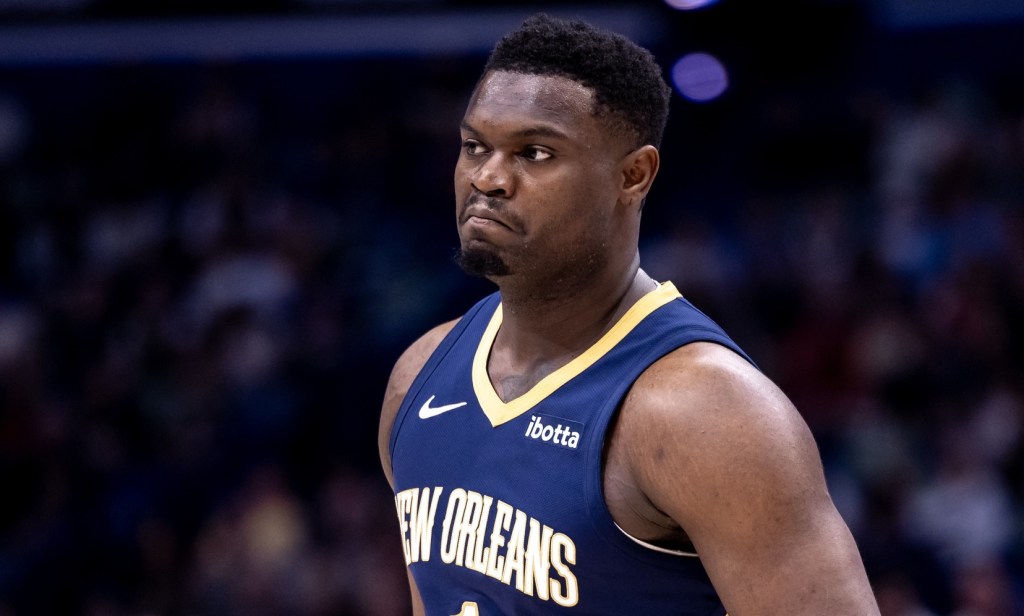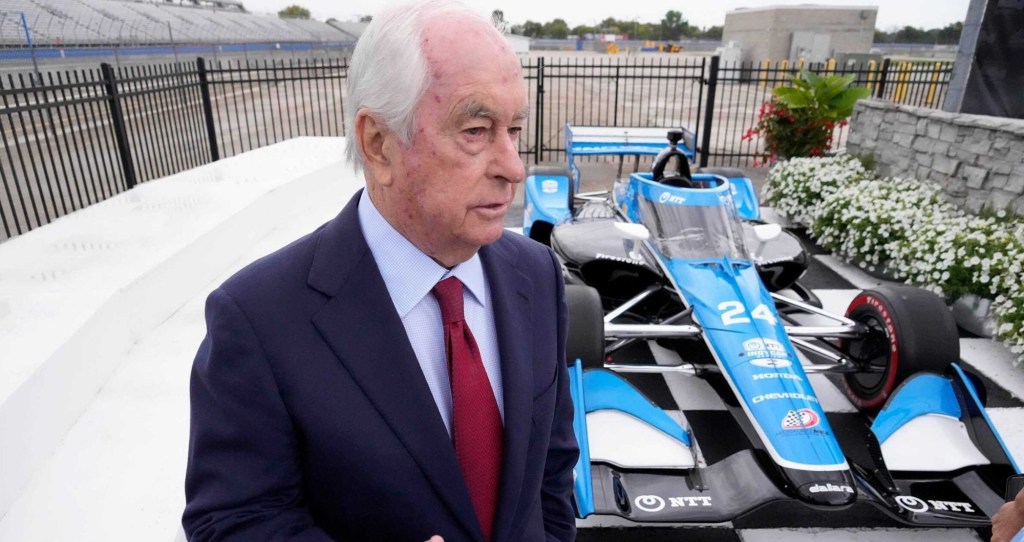Several pro league commissioners, notably the NBA’s Adam Silver (above), were outspoken advocates for the broad legalization of sports betting before it became a reality in 2018. Now nearing the sixth anniversary of that momentous date on May 14, many of those same commissioners are acknowledging they are still struggling with the limits of their powers to manage the meteoric growth of the industry.
Less than a month after former Raptors center Jontay Porter received a lifetime suspension for flagrant violations of league gambling rules, Silver said there are still limits to how effectively or broadly the league can govern the situation.
“We only have so much control,” Silver said at the Associated Press Sports Editors Commissioners Conference this week in New York. “Certainly, prop bets, depending on how precise they are, lend themselves to more shenanigans than other kinds of bets. Now, some of that can be captured through various monitoring, but we also recognize that a large amount of the handle—I’m not sure of the precise percentage—but my hunch is there’s still far more illegal [betting] than legal.”
Even the legal, known level of sports betting is growing massively, reaching record levels in 2023 with a $119.8 billion handle and $10.9 billion in sportsbook revenue, according to the American Gaming Association.
“There are limits to our control, but we think there should be a regulated framework, where it’s the leagues working together with state oversight groups and the betting companies, whether or not we have partnerships with them,” Silver said.
Baseball Issues
MLB commissioner Rob Manfred recently faced his own gambling-related crisis with the current gambling-related allegations surrounding Ippei Mizuhara, Shohei Ohtani’s former interpreter, that ultimately led to federal charges. Speaking at the same event as Silver, Manfred similarly said the league is “refocusing” its efforts in light of events occurring over the last several months. Among the areas of focus for MLB, as it is among many other leagues, is prop bets.
“We’ve been on prop bets from the very beginning,” Manfred said. “When we lobby in states, there’s always certain types of bets that we have lobbied against. I mean, the first pitch of the game, we really don’t want that available as a prop bet.”
Of course, a big component of the relative limitations of the leagues in this area is the lack of provisions such as subpoena power to compel sworn testimony.
“Law enforcement officials have tools available at their disposal that are a lot more powerful than what we have,” Manfred said.


